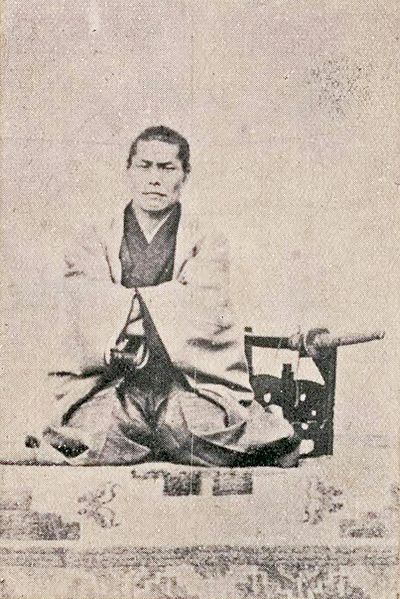Infinite photos and videos for every Wiki article ·
Find something interesting to watch in seconds
Celebrities
Presidents
Tallest Buildings
Recovered Treasures
Sports
British Monarchs
Rare Coins
History by Country
Wars and Battles
Great Cities
Famous Castles
Kings of France
Orders and Medals
Great Artists
Richest US Counties
Best Campuses
Wonders of Nature
Largest Palaces
Largest Empires
Supercars
World Banknotes
Animals
Great Museums
Crown Jewels
Countries of the World
Ancient Marvels
more top lists






